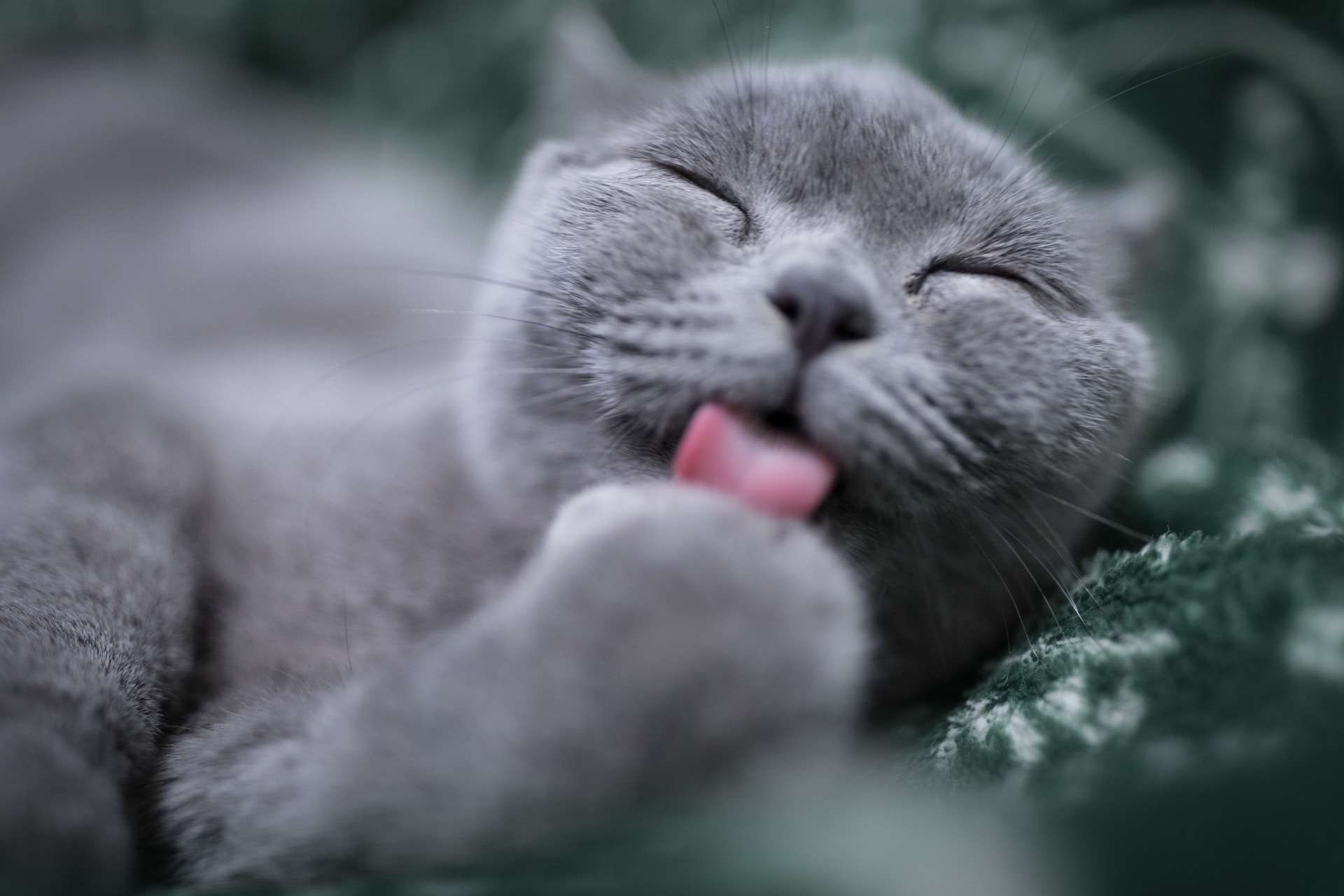Cats are known for their diverse range of vocalizations, with meowing being one of the most recognized. However, not all cats are vocal, and some may rarely or never meow.
This article delves into the reasons behind this quiet behavior in cats and what it means for their owners.
Understanding Cat Vocalizations
Meowing is a behavior cats develop to communicate with humans. While kittens meow to call their mother, adult cats typically reserve meowing for interacting with humans, not with other cats.
This behavior can vary widely among individual cats, with some being more vocal than others.
Reasons Why Some Cats Don’t Meow
1. Personality and Breed
Just like humans, cats have unique personalities. Some are naturally more vocal, while others are quieter. Certain breeds, like Siamese cats, are known for being very vocal, whereas others like the Maine Coon, might be less so.
2. Past Experiences
A cat’s history, especially if it’s a rescue or has had traumatic experiences, can influence its propensity to meow. Cats that have had negative interactions with humans may be less likely to vocalize.
3. Comfort and Contentment
Sometimes, a cat may not feel the need to meow. If a cat is content and its needs are met, it may not see the need to communicate vocally.
4. Medical Reasons
In some cases, a cat may not meow due to medical issues affecting its vocal cords or respiratory system. If a previously vocal cat suddenly stops meowing, this could warrant a visit to the vet.
Interpreting Non-Vocal Communication
Cats communicate in many ways besides meowing. Understanding these can help owners connect with their less vocal pets:
1. Body Language
A cat’s body language, including tail movements, ear positions, and overall posture, conveys much about its feelings and intentions.
2. Purring and Other Sounds
Purring, hissing, and growling are other sounds cats make to express various emotions from contentment to fear or aggression.
3. Physical Affection
Many cats show affection and communicate through physical actions like rubbing against you, head-bunting, or sitting on your lap.
Encouraging Vocalization in Quiet Cats
While you can’t force a cat to meow, there are ways to encourage vocalization:
1. Positive Reinforcement
Respond positively when your cat does vocalize. Treats, petting, or verbal praise can reinforce this behavior.
2. Interaction and Play
Engaging with your cat through play and conversation can sometimes stimulate meowing.
3. Understanding Limits
Respect your cat’s personality. If your cat is naturally quiet, it’s essential to accept this trait.
Conclusion
A cat’s tendency to meow or remain quiet depends on various factors, including its breed, personality, past experiences, and health.
Understanding and respecting these differences are key to a harmonious relationship with your feline friend. Remember, a quiet cat is not necessarily an unhappy cat; they may simply have different ways of expressing themselves.


Comments are closed.